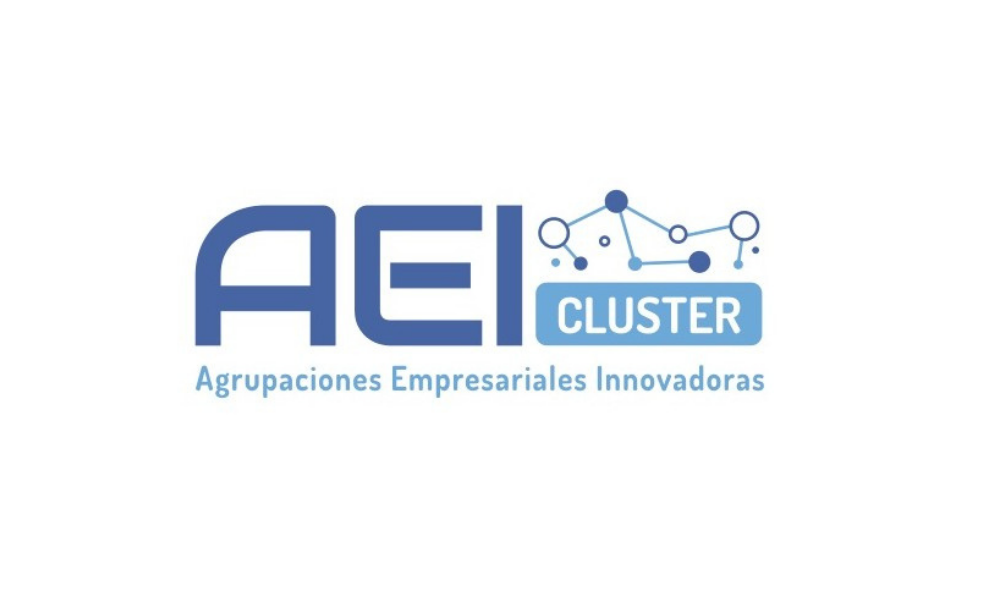The Catalan Energy Cluster presents four projects at the AEI (Ministry of Industry, Commerce and Tourism)

The Catalan Energy Cluster (CEEC) has presented four projects in the field of collaborative innovation to the first call in 2021 for aid from Innovative Business Associations (AEI) that has recently been published by the Ministry of Industry, Commerce and Tourism (MINCOTUR ).
This line of aid, in which clusters can compete, which like the CEEC are accredited as AEI by MINCOTUR, aims to promote innovative projects with a strong collaborative component, aligned with the 'Connected Industry 4.0' strategy.
The four projects presented have the participation of a total of 10 companies, of which eight are members of the CEEC’s and another 2 organizations from other AEIs in industrial sectors.
In total, the projects have a budget of almost 900 thousand euros and the request for aid is close to 500 thousand euros.
The projects presented are the following:
• INSIGA II, implies the continuation of the INSIGA I project approved in the 2020 call. The objective of this project is the development of an intelligent software application that supports and stimulates the formation of energy communities. In addition to studying the technical and economic viability of an energy community in a polygon. The participating companies are the developers of ICT applications for energy management INERGY; energy data analysis company Bee Data Analytics; engineering and consulting Armengol & Ros Consultors Associats (ARCbcn) and Navarresa de Sòl i Habitatge (Nasuvinsa), as a leading entity in the territorial planning of industrial estates and a member of the Navarra Industry Association.
• POLIGONOS 4.0, which aims to analyze the viability of the development and implementation of an intelligent energy characterization system of the industrial fabric that, through dynamic energy indicators with reporting capacity for decision-making, aims to be a strategic instrument for planning of energy. transition of the industrial fabric, and especially of SMEs. The participating entities are Armengol & Ros Consultors Associats (ARCbcn), as responsible for technical design, and Italtel, which will be in charge of technical development.
• SDG 4.0, which aims to integrate the Sustainable Development Goals defined by the United Nations into the global strategies of organizations using automation, digitization and connectivity with ERP systems or other operational management systems as a channel. Organizations. The partners present in this project are the consultancy firm specialized in the field of sustainability and corporate social responsibility, Grup Carles Gestió i Projectes, and the IT consultancy for the development of applications and modules that can be integrated into ERP Intarex.
• FLEXENERGY, which aims to evaluate different models of operation and management of local energy communities, through the implementation of an energy community in the town of Caldes de Montbui for the shared self-consumption of the generation of a hybrid photovoltaic (PV) plant on the roof ( with energy storage). The participating companies are Electra Caldense Holding, member of CEEC, and Cegasa Energies and Enfasys Engineering, members of Solartys.
The presentation of these projects by the CEEC is a sample of their ability to articulate innovative projects, aligned with the challenges of improving the competitiveness and transformation of the current industry, leading to an improvement in the energy and environmental performance of these organizations. , in line with the challenge of the CEECs to contribute to the energy transition process.
A second call for this line is foreseen during 2021 in which there will be a considerable increase in the budget, so from the CEEC we continue working on the identification of possible projects to be developed and we encourage all our partners to be part of innovative initiatives . like this.
In 2020, the CEECs achieved approval for five of the six projects submitted. The consortia were made up of fifteen partners, two clusters and a technology center, whose value was 370 thousand euros.